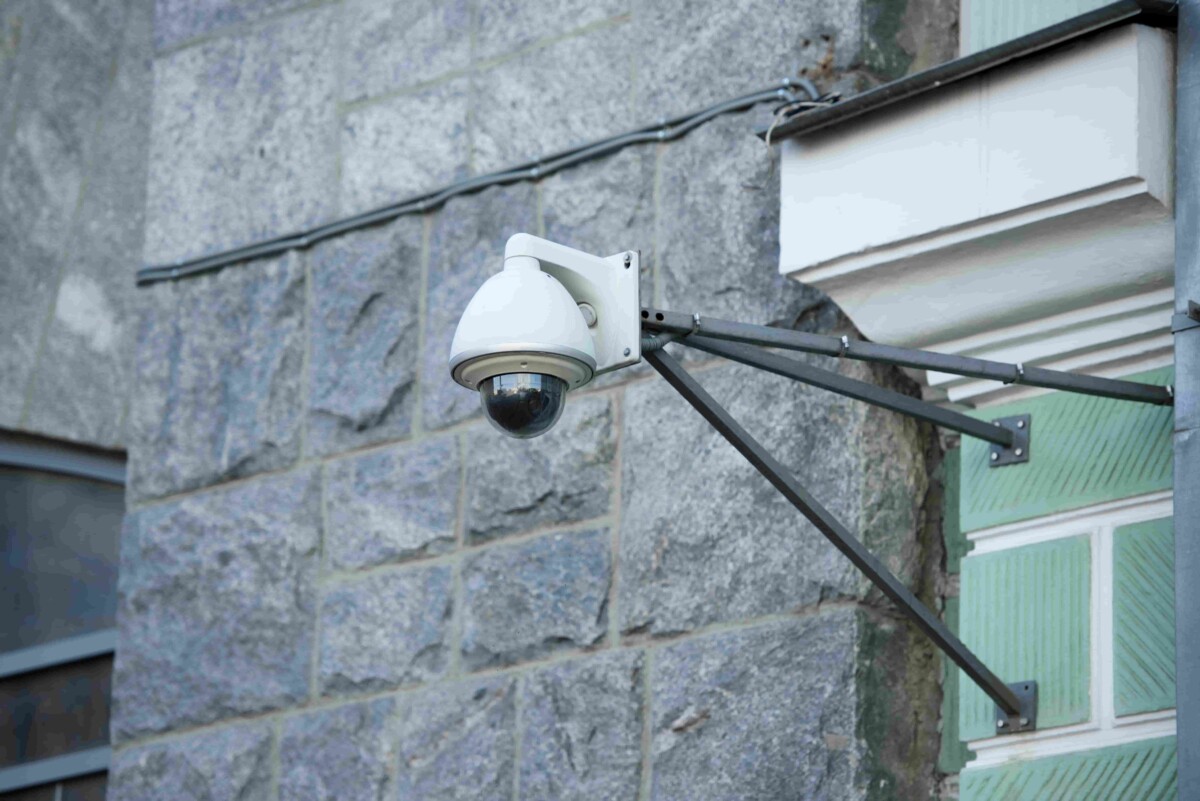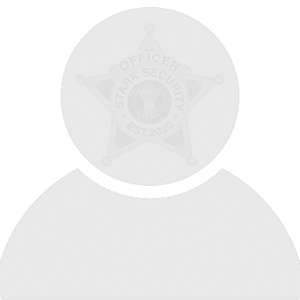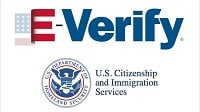Article At A Glance
- Consider crime risk, vulnerable areas, budget, and desired recording quality(HD, 4K).
- Night vision, dome, bullet – choose type based on location and desired angles.
- Choose IP cameras for high resolution and remote access.
As your company grows and expands, it’s important to make sure that all your business areas are safe and secure. This will allow you to continue doing what you do best while also providing peace of mind for employees and customers alike. Business security camera systems can help you get the peace of mind necessary for your organization.
How Business Security Camera Systems Impact your Organization
Securing a business is not just about having security guards patrolling the premises around the clock or installing metal detectors at entrances. Security cameras can also play a major role in protecting people and property.
They provide an extra layer of protection by continuously monitoring all entrances and exits and capturing clear images and videos of everyone who enters the premises, whether they’re employees, vendors, or visitors.
Security cameras can help increase awareness of danger zones in a facility and provide evidence in the event of a robbery or theft. They also give security personnel an overview of the entire facility, which can be useful when they’re on patrol and need to identify potential threats quickly.
Basic Components of a CCTV/Video Surveillance System
A CCTV system has three main components: cameras, DVR or NVR, and IP camera installation cabling.
Here’s a quick overview of the main components of a business security system.
1. Cameras
A video surveillance system wouldn’t be complete without a camera, which captures what is happening in front of it and sends it to the DVR or NVR for recording. To watch live footage from the cameras, you need to install software on your computer or mobile device that can connect with your surveillance system over Wi-Fi or Ethernet cable.
There are many different types of video surveillance cameras that are used to help protect businesses.
- Night vision cameras capture clear images in low-light settings. The cameras are often used in parking lots or near the backdoor of the business. The benefit of these cameras is that they give the operator a clear view of all angles, including those that are not visible to the naked eye.
- Dome cameras typically mounted on the ceiling and is an all-purpose cameras that can capture different angles. Security cameras with a dome shape can be used outside as well as inside, but many businesses with indoor needs, such as hotels, restaurants, and retail stores, choose to use them inside for their discreet appearance.
- Bullet cameras are called that because they have a bullet-shaped body, but there are other shapes too. Bullet cameras are one of the most popular types of security cameras, and they can be installed inside or outside your building.
Most camera systems use either IP or analog protocols. IP cameras can capture high-resolution images, alert you to violations in your store, and much more.
2. Digital Video Recorders (DVRs) and Network Video Recorders (NVRs)
DVRs and NVRs make up the recording device of a CCTV system. They record video footage from the camera and save it for later use.
A DVR is a stand-alone device that is typically connected to a monitor. The DVR may not have any video input connectors on the back, but it can be connected to other devices, such as a DVD player or satellite receiver, to view or record other types of video sources.
An NVR is a device that is typically installed in a server room because it can be accessed remotely by anyone with the appropriate security credentials. It has the ability to display live video on monitors located in a surveillance room.
3. IP Camera Installation Cabling
Cabling is the process of connecting all the cables from a surveillance camera to a central location. The most basic form of cabling is installing an IP camera with a coaxial cable.
A coaxial cable is a type of cable that carries video and audio signals by using a single wire conductor, surrounded by an insulating layer, covered with a conductive layer, and then surrounded by another insulating layer.
Where Do You Install Security Cameras in Your Organization?
Security cameras should be installed in places that are the most vulnerable to theft, damage, or vandalism. The placement of cameras can vary depending on how many cameras you have, where you want them, the area they are watching over, and the sensitivity of that area. Some more advanced systems run their security cameras outside of the building too. This is because more crimes happen when people leave their offices or homes than when they are actually inside them. These security camera installations send live footage to the company’s central control room, where it can be monitored 24/7.
The installation of security cameras depends on the type of business and the nature of its operations.
For example, cameras should be installed in high-traffic areas such as lobbies and entrances, where they will be most effective at deterring crime and capturing evidence.
For businesses that store valuable goods, cameras should be installed where goods are stored and areas where workers transfer them from one location to another.
Will This Business Security System Adjust as Our Business Grows?
Think about the technology you already have and how it might be able to integrate with newer systems as your business grows.
An example would be that you may have a couple of analog cameras now, but it would make sense to invest in some IP-based security video so that you can add additional analytics later.
You’ll need to make sure you have systems in place that can grow as you to protect your business as your needs change.
One way to stay ahead of the curve is by picking a scalable video security system. This will allow you to avoid upgrading your commercial security system, avoid maintenance costs, and stay on top of all surveillance needs.
You can also use a video system that makes it easy to update in the future with new technology. Cloud-based video systems can be accessed through mobile apps or browsers, so it’s easier for people in your organization to find value in what’s traditionally been thought of as a physical security tool.
What to Consider Before Purchasing a Video Surveillance System?
If you are looking for a commercial security system, you must consider the following features before making a purchase.
The first thing to consider is the recording quality. What are you willing to sacrifice in order to save money? The higher the quality of the video, the more expensive it will be. This is because more cameras will be used while recording in HD or 4K, and storage space will be required, which can get expensive.
The price of a video surveillance system depends on the type of system. The cheapest type of surveillance system is a phone surveillance camera, which can cost as little as a few dollars. A more expensive type of surveillance system would be a professional monitoring service, which can cost hundreds of dollars a month.
Cloud-based security can be a great way to save costs for your business. One of the best things about it is that it doesn’t require a lot of local storage since your videos are being uploaded and stored in the cloud, which means you don’t have to buy as many hard drives, etc.
Benefits of a CCTV/Video Surveillance System
A CCTV/video surveillance system offers many benefits to businesses. The most important advantage is the ability to monitor your property in real-time. It is also useful for protecting your business against theft, vandalism, and illegal activity. A video surveillance system can help protect both employees and customers.
Here is a quick overview of the main benefits that a surveillance system can bring to your business.
- Acts as a crime deterrent
It goes without saying that installing a CCTV camera on your property will serve as a strong deterrent to criminals and anybody else involved in illegal activities.
- Monitors activities
Surveillance footage can show what’s going on in your workplace. Employees or customers might be acting inappropriately, and you’ll be able to notice these issues easily.
- Helps to collect evidence
When something bad happens at your place of work, it’s useful to have a CCTV system in place – they’re able to collect evidence and can help you figure out what happened. CCCTV footage is super helpful when trying to solve a crime. It can tell the time, place, and suspects, which helps narrow down who is responsible.
- Helps with decision making
When there’s a dispute, security camera footage is a lifeline. Whether it’s employees fighting or shoplifters, referring to the footage from the CCTV camera will tell you all you need to know.
- Keep records
It’s a good idea to keep track of when clientele come and go from your site as well as catalog any time deliveries are made, or visitors enter the building. This will help you stay on top of things, so they run smoothly.
Additional Read: CCTV Services for Your Business
Contact Stark Security Today
Security camera systems are good for protecting against many things that could happen to your business, like theft, intrusion, or burglary. They are essential for business, but make sure to take a strategic approach when choosing one.
As you choose a reliable security camera provider, consider what your business needs. Ensure that they offer cutting-edge technology to provide you with the best, most reliable services and fully protect your business if that is what you are looking for. Stark Security is here to help you evaluate all the security needs that you’re looking for. Call us today at (312) 675-4390. We’re here to help protect your business!














